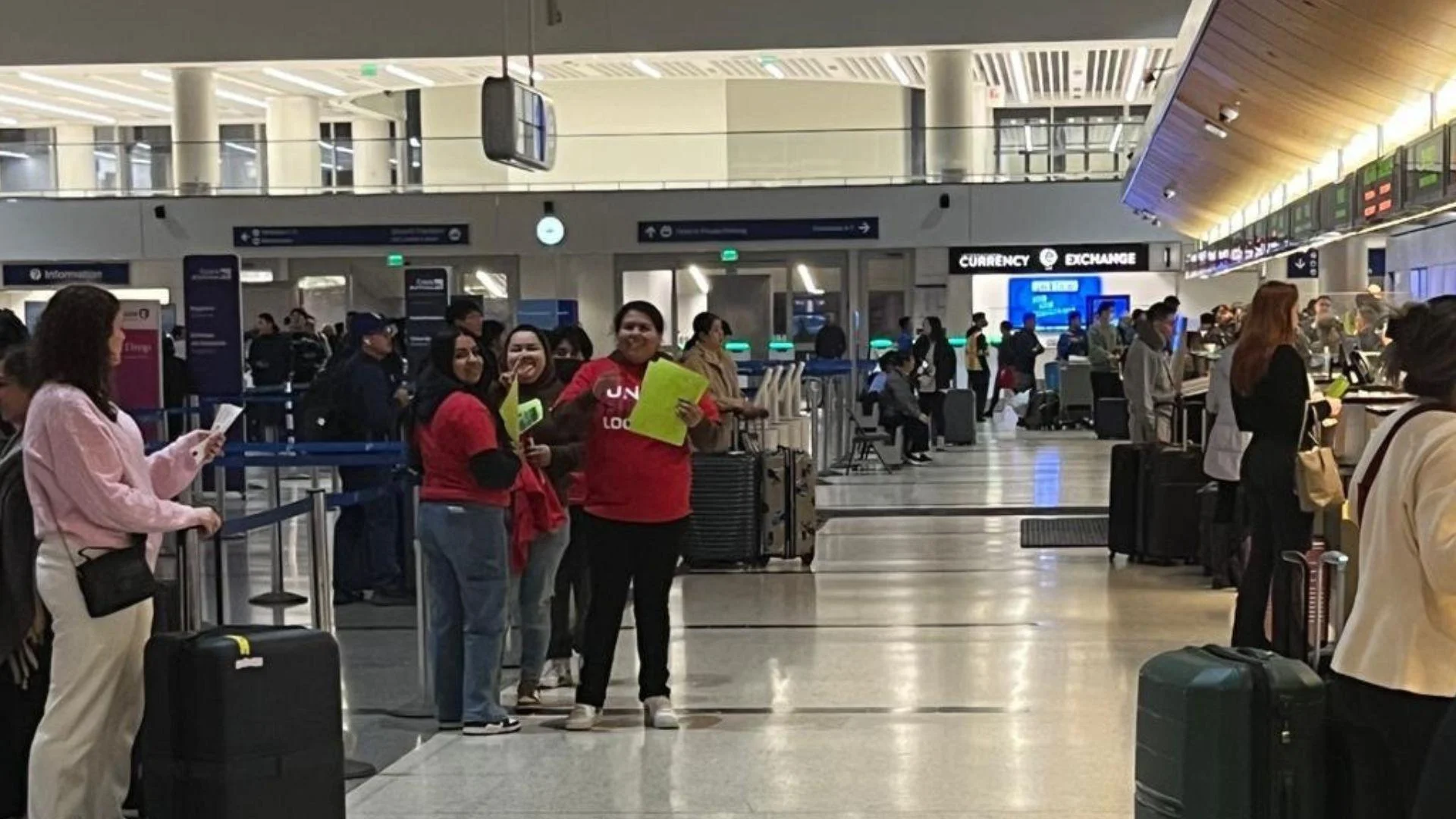According to La Tribune, two out of three aircraft were grounded this year—one for a long period and another removed from service as early as September 2025. This forced Air Austral to cancel some flights and adjust its route schedule. Chairman Hugues Marchessaux stated at the IFTM Top Resa trade show:
"Given the technical problems we are experiencing with this medium-haul fleet, we believe we have no other choice – and it is a forced choice – than to try to evolve towards a new module in order to stabilize the company.”
To restore reliability in its medium-haul network, Air Austral is considering replacing its A220-300s with either Boeing 737 MAX 8 or Airbus A320neo aircraft. However, legal issues mean that retirement of the current fleet cannot happen before summer 2026. The airline said it is working with both Airbus and Pratt & Whitney for suitable solutions.
Air Austral’s regional and medium-haul network uses both Airbus A220-300s and one ATR 72-600 turboprop. Its long-haul operations rely on three Boeing 777-300ERs, two Boeing 787-8s, and a wet-leased Airbus A330-200.
A final decision between acquiring more Airbus or Boeing narrowbody jets has not been made yet; availability will be a key factor as Air Austral seeks to restore schedule reliability across destinations in Africa, Europe, Asia-Pacific, France, Mauritius, Tanzania, Thailand, India, South Africa, China and other locations.
The issues affecting Pratt & Whitney PW1000G engines stem from a manufacturing defect involving contaminated powdered metal used in high-pressure turbine and compressor parts. This has led airlines globally—including Air Austral—to ground hundreds of planes for inspection and repair work—a situation expected to last through at least 2026 due to ongoing operational disruptions.
Engines used in hot or sandy climates have shown accelerated wear rates requiring frequent maintenance and unscheduled removals from service. The maintenance backlog is straining Pratt & Whitney’s repair network capacity as they attempt expansion efforts aimed at reducing downtime for operators.
Financial impacts on airlines have been significant because grounded fleets lead directly to reduced profits; recent strikes by Pratt & Whitney workers in May 2025 may also delay repairs further. Full recovery from these disruptions is expected over several years.
 Alerts Sign-up
Alerts Sign-up




































